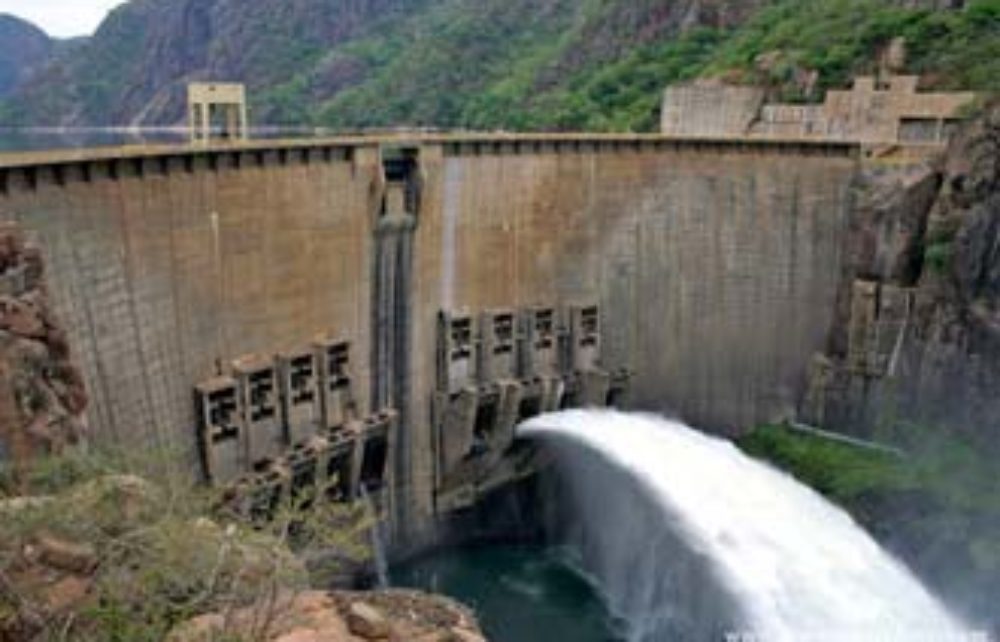Mozambique plans to to secure the 1,150 megawatts of power it sells to South Africa from its Cahora Bassa plant for its own use.
In the country’s yet-to-be published energy transition strategy, Mozambique details the plan to secure the 1,150 megawatts of power it sells to South Africa from its Cahora Bassa plant for its own use, according to several media.
This would end half a century of hydropower supply to South Africa’s state-owned electricity utility, raising risks for the continent’s most industrialized economy and threatening the viability of Africa’s second-biggest aluminum smelter.
Mozambique´s Cahora Bassa hydro plant gets EUR125 million financing from AfDB
“The main short-term hydro priority is the repatriation of electricity from Hidroelectrica de Cahora Bassa currently exported to South Africa” when the contract ends on Dec. 31, 2030, the government said in the strategy document. Mozambique’s energy ministry didn’t respond to a request for comment.
Because Mozambique’s grid isn’t linked nationally, Mozal — which produced 345,000 tons last year — can’t get direct power supply from Cahora Bassa.
Instead, the 2,075-megawatt plant — Africa’s third-biggest for hydropower — sends electricity along 1,400 kilometers (870 miles) of transmission lines to Eskom in South Africa, which then sells power to Mozal. The sales arrangement has been in place since 1979, when the last of the turbines was completed.
Japan´s Sumitomo and Kansai Preferred Bidders for Mphanda Nkuwa Dam in Mozambique
The decision creates a headache for both South Africa — which is battling power cuts that are holding back economic growth — and South32 Ltd., which operates the Mozal aluminum smelter near Mozambique’s capital, Maputo, but uses electricity bought from South African utility Eskom Holdings SOC Ltd.
South32 needs about 900 megawatts of electricity for Mozal’s output of aluminum, which the company markets as having been made with clean energy.




